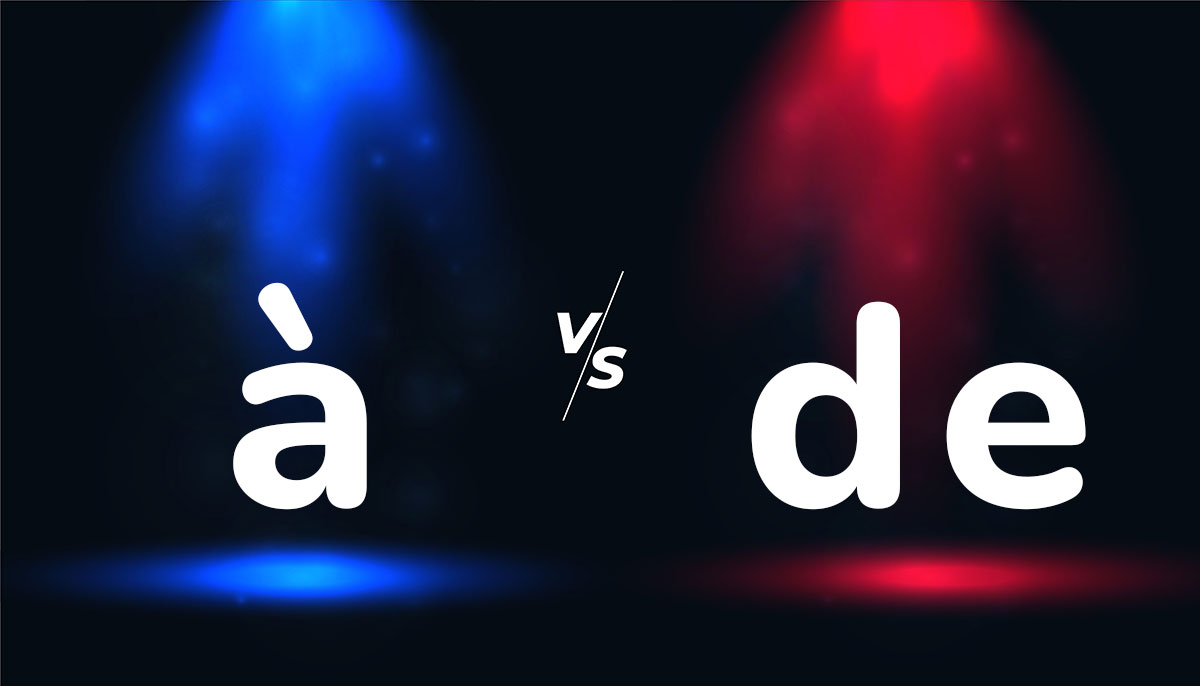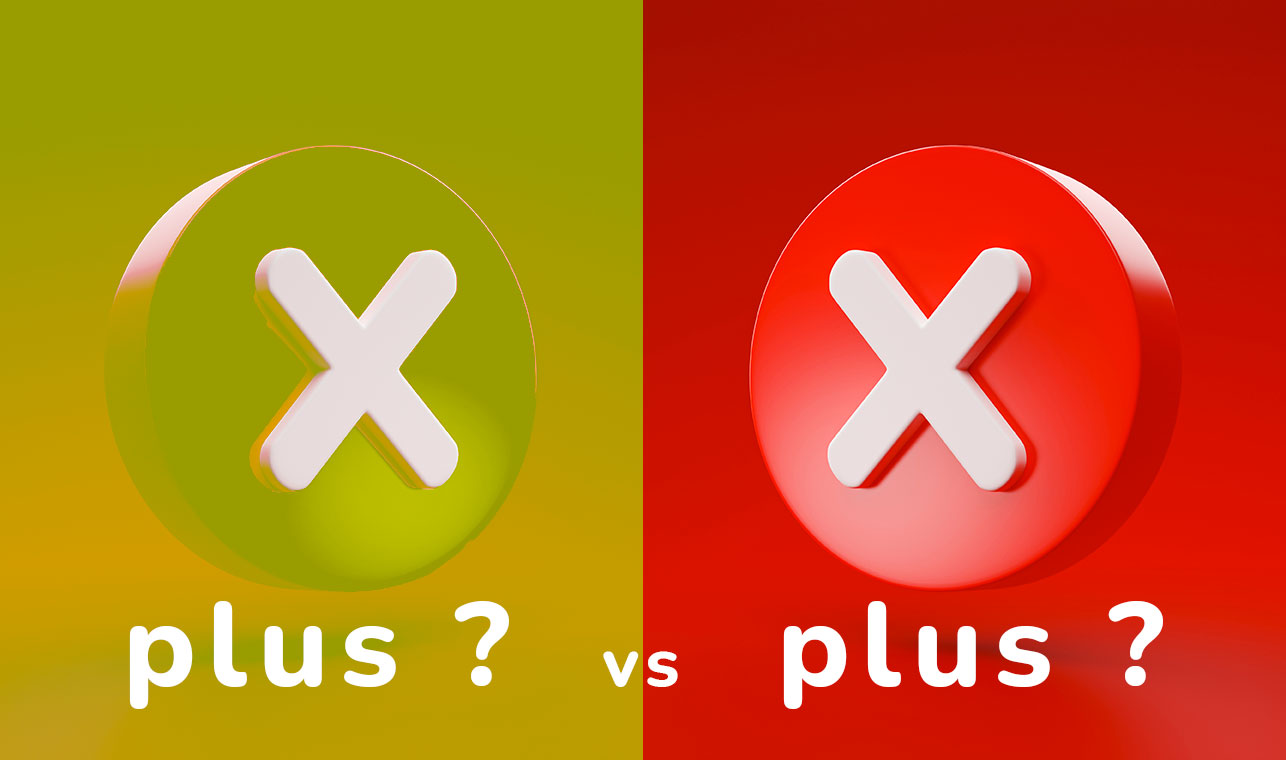Some tips & tricks to enrich your French vocabulary
If you’re like me, then you’re always looking for ways to improve your French skills. And if you’re like me, then you know that vocabulary is key. So today, I’m going to share some tips and tricks with you that will help you enrich your French vocabulary. Let’s get started!










